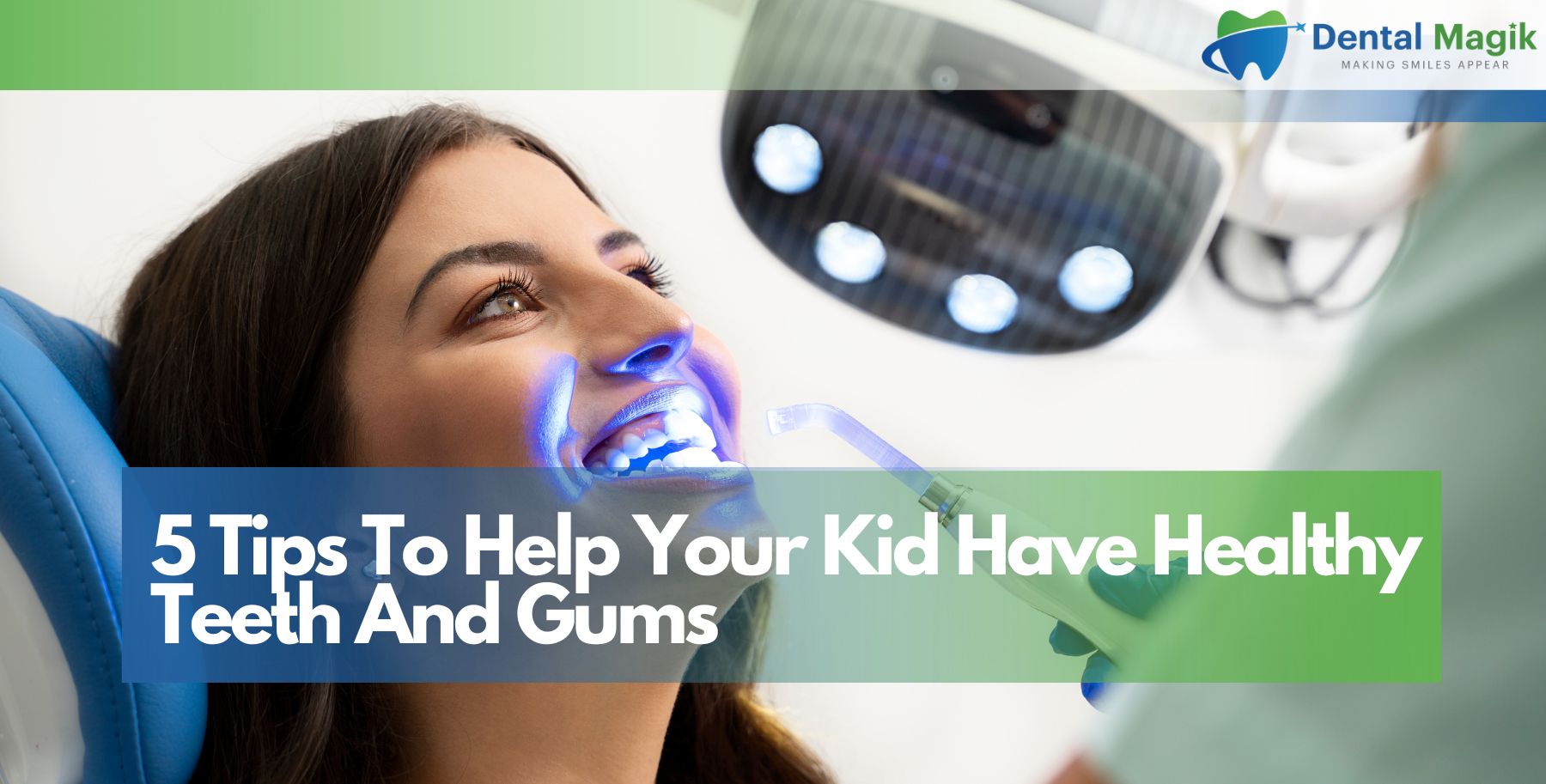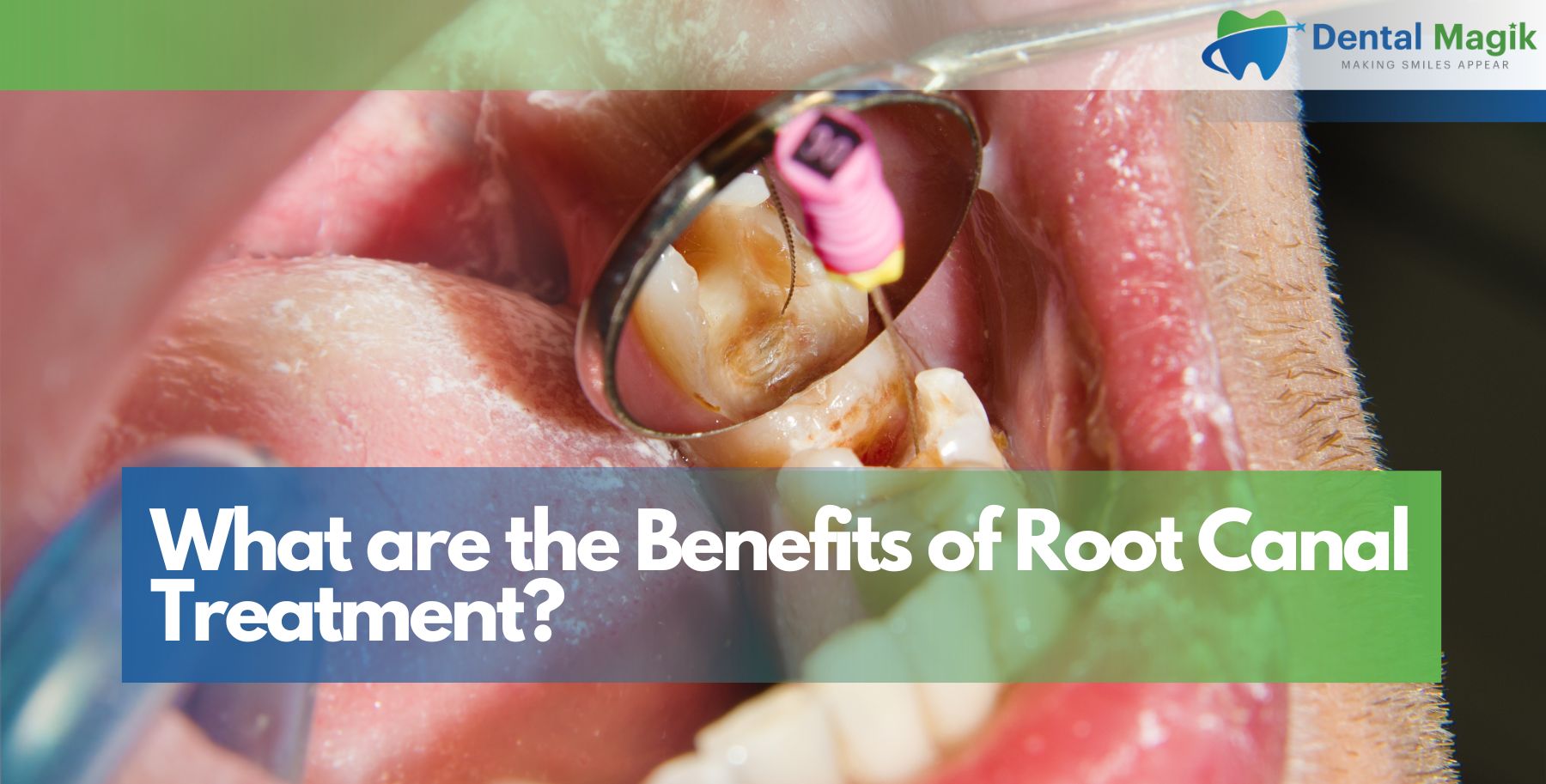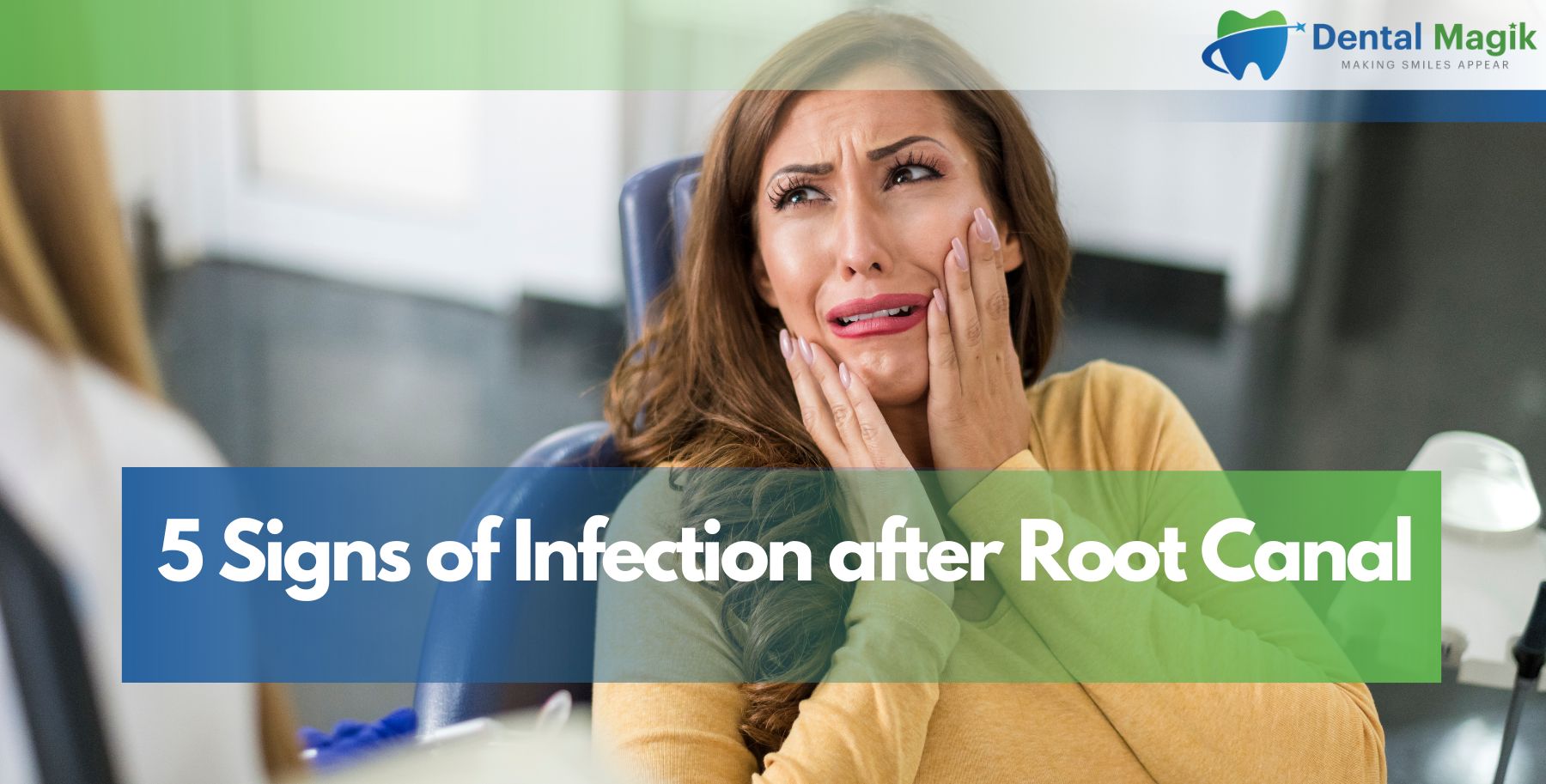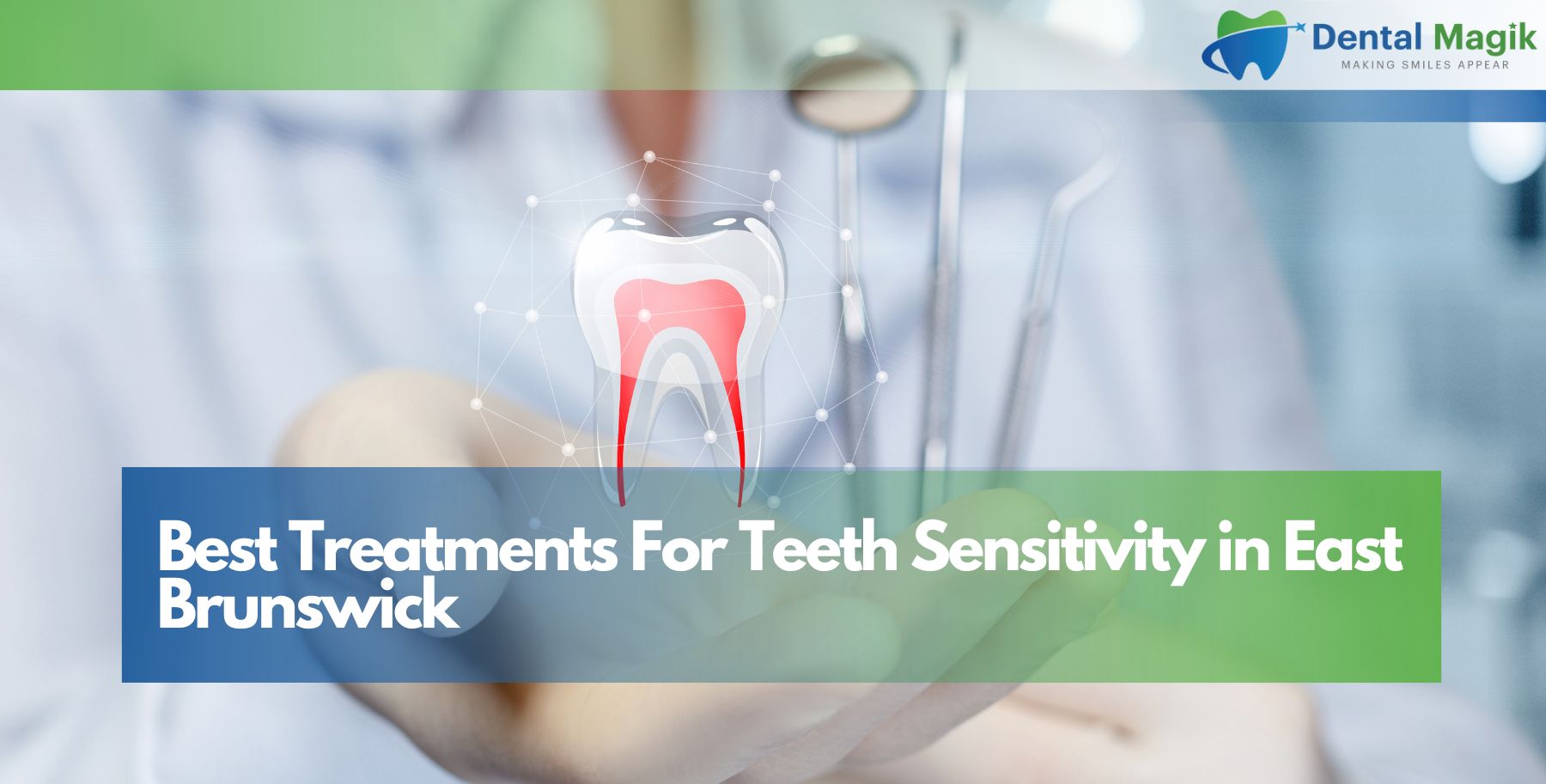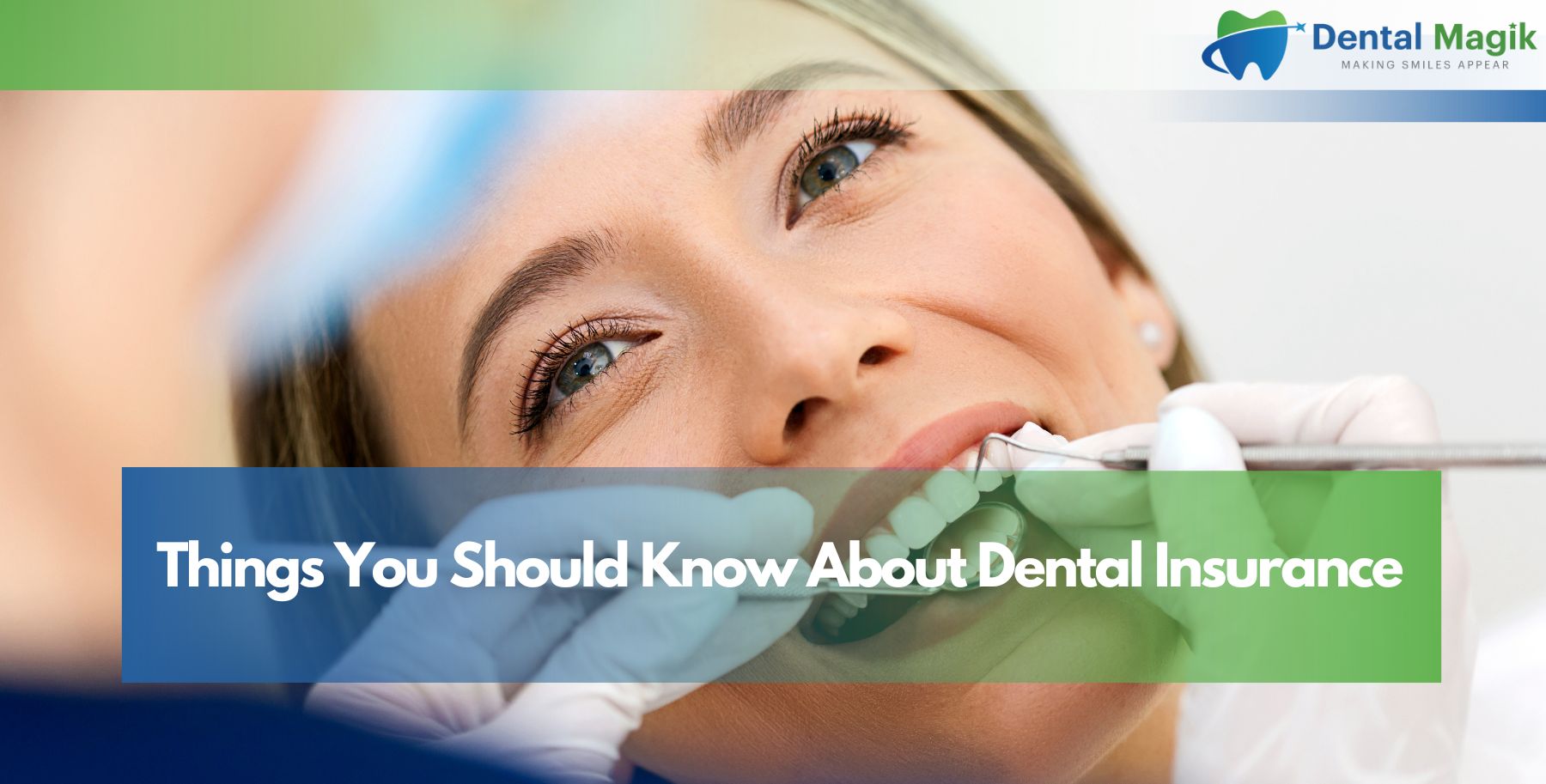Gums are often the unsung heroes of oral health.
While most people focus on keeping their teeth white and clean, gum health plays an equally important role in maintaining a healthy, beautiful smile.
Strong, healthy gums protect your teeth, support overall health, and prevent serious dental issues down the road.
This guide explains everything you need to know about supporting optimal gum health — and why giving your gums the care they deserve can make a big difference for your smile and your well-being.
What is Gum Health?
Gum health refers to the condition of the tissues that surround and support your teeth.
Healthy gums are firm, pink (or pigmented naturally), and fit tightly around the teeth without bleeding.
When your gums are healthy, they:
- Keep your teeth securely in place
- Protect your jawbone
- Prevent bacteria from entering your bloodstream
- Contribute to fresh breath and a clean mouth
Ignoring gum care can lead to problems like gingivitis, periodontitis, tooth loss, and even serious systemic diseases.
Why Does Gum Health Matter So Much?
It’s easy to overlook your gums — until something goes wrong.
Poor gum health doesn’t just affect your mouth; it can impact your entire body.
Here’s why maintaining optimal gum health is crucial:
Preventing Gum Disease
Gum disease starts silently.
Without proper care, plaque buildup leads to inflammation (gingivitis), which can progress to periodontitis, causing gum recession, bone loss, and even tooth loss.
Protecting Heart Health
Research shows a strong link between gum disease and heart disease.
Inflamed gums can allow harmful bacteria into your bloodstream, contributing to clogged arteries and cardiovascular problems.
Managing Diabetes
People with diabetes are more likely to develop gum infections.
At the same time, severe gum disease can make it harder to control blood sugar levels, creating a dangerous cycle.
Boosting Overall Wellness
Healthy gums support a strong immune system and reduce the risk of infections spreading to other parts of the body.
Caring for your gums is truly caring for your whole self.
Signs of Poor Gum Health
Spotting early signs of gum problems can prevent major dental issues.
Here’s what to watch out for:
- Red, swollen, or tender gums
- Bleeding while brushing or flossing
- Bad breath that doesn’t go away
- Receding gums or teeth that look longer
- Loose or shifting teeth
- Pus around the teeth and gums
If you notice any of these symptoms, schedule a dental visit immediately.
Top Causes of Gum Problems
Understanding what harms your gums helps you take better care of them.
Poor Oral Hygiene
Skipping brushing or flossing allows plaque and bacteria to build up, leading to gum inflammation.
Smoking and Tobacco Use
Smoking is one of the biggest risk factors for gum disease.
It also reduces blood flow to the gums, making it harder for them to heal.
Hormonal Changes
Pregnancy, menstruation, and menopause can make gums more sensitive and prone to inflammation.
Poor Nutrition
Diets low in vitamins C and D, and minerals like calcium, can weaken your gum tissues.
Chronic Health Conditions
Conditions like diabetes and autoimmune diseases can impact gum health significantly.
How to Support Optimal Gum Health
The good news is, maintaining healthy gums isn’t complicated — but it does require consistency and the right habits.
Let’s dive into proven strategies for promoting strong, healthy gums.
Brush Twice a Day — Properly
Use a soft-bristled toothbrush and fluoride toothpaste.
Angle the brush at 45 degrees toward the gumline and move it gently in small circles to clean the area where your gums meet your teeth.
Brushing too hard can cause gum recession, so gentle technique matters.
Floss Every Day (No Excuses)
Flossing removes plaque and food particles between teeth that your toothbrush can’t reach.
It’s one of the most powerful ways to prevent gum disease.
Slide the floss gently under the gumline and curve it around each tooth for maximum effectiveness.
Rinse With an Antibacterial Mouthwash
Using an alcohol-free antibacterial mouthwash can help kill harmful bacteria and reduce inflammation, giving your gums extra protection.
Stay Hydrated
Drinking plenty of water keeps your mouth moist, washes away food debris, and helps prevent dry mouth — a condition that can harm gum health.
Eat a Gum-Healthy Diet
Include foods rich in:
- Vitamin C (citrus fruits, strawberries, peppers)
- Vitamin D (salmon, fortified foods)
- Calcium (dairy, leafy greens)
- Antioxidants (berries, nuts, leafy vegetables)
A balanced diet strengthens your gums and immune response.
Avoid Smoking and Tobacco
Quitting smoking dramatically reduces your risk of gum disease and helps improve healing if you already have gum issues.
Visit Your Dentist Regularly
Professional cleanings remove tartar (hardened plaque) that you can’t remove at home.
Regular check-ups allow early detection and treatment of gum problems before they worsen.
Special Care Tips for Certain Groups
Some people need extra attention to their gum health depending on life stages or conditions.
Pregnant Women
Hormonal changes increase the risk of pregnancy gingivitis.
Gentle brushing, flossing, and professional cleanings during pregnancy are essential.
People With Braces
Braces create more spots for plaque to hide.
Use special floss threaders and interdental brushes to keep gums clean.
Seniors
Aging can cause gum recession and dry mouth.
Maintaining regular dental visits and staying hydrated helps protect aging gums.
The Connection Between Gum Health and Dental Implants
If you’re considering dental implants, having excellent gum health is a must.
Healthy gums provide the strong foundation implants need to succeed.
Gum disease can lead to implant failure, so your dentist will ensure your gums are infection-free before recommending implant surgery.
Gum Health Myths You Should Stop Believing
Myth 1: Bleeding Gums Are Normal
Bleeding while brushing is a sign of gum inflammation, not something to ignore.
Myth 2: If You Brush Harder, Your Gums Will Get Healthier
Brushing harder can actually damage your gums and cause recession.
Use a soft touch and proper technique instead.
Myth 3: Only Older People Get Gum Disease
Gum disease can start at any age, especially if oral hygiene is poor.
Gum Treatments: What Happens If You Have Gum Disease?
If caught early, gum disease can often be reversed with professional cleaning and better home care.
For advanced cases, treatments may include:
- Scaling and root planing (deep cleaning)
- Antibiotic therapy
- Gum graft surgery
- Laser treatments
Early detection and intervention are key to preserving your teeth and smile.
Conclusion
Optimal gum health isn’t just about keeping your smile pretty — it’s a critical part of overall wellness.
Healthy gums support strong teeth, protect your body from infections, and even contribute to better heart health.
Simple daily habits like brushing, flossing, healthy eating, and regular dental visits can make a big difference.
And if you ever notice signs of trouble, seeking early treatment can save your smile.
If you’re serious about improving your gum health or need expert advice, a trusted Dentist in East Brunswick, NJ can guide you with personalized care, cleanings, and treatment plans designed to keep your gums and teeth in top shape for life.


